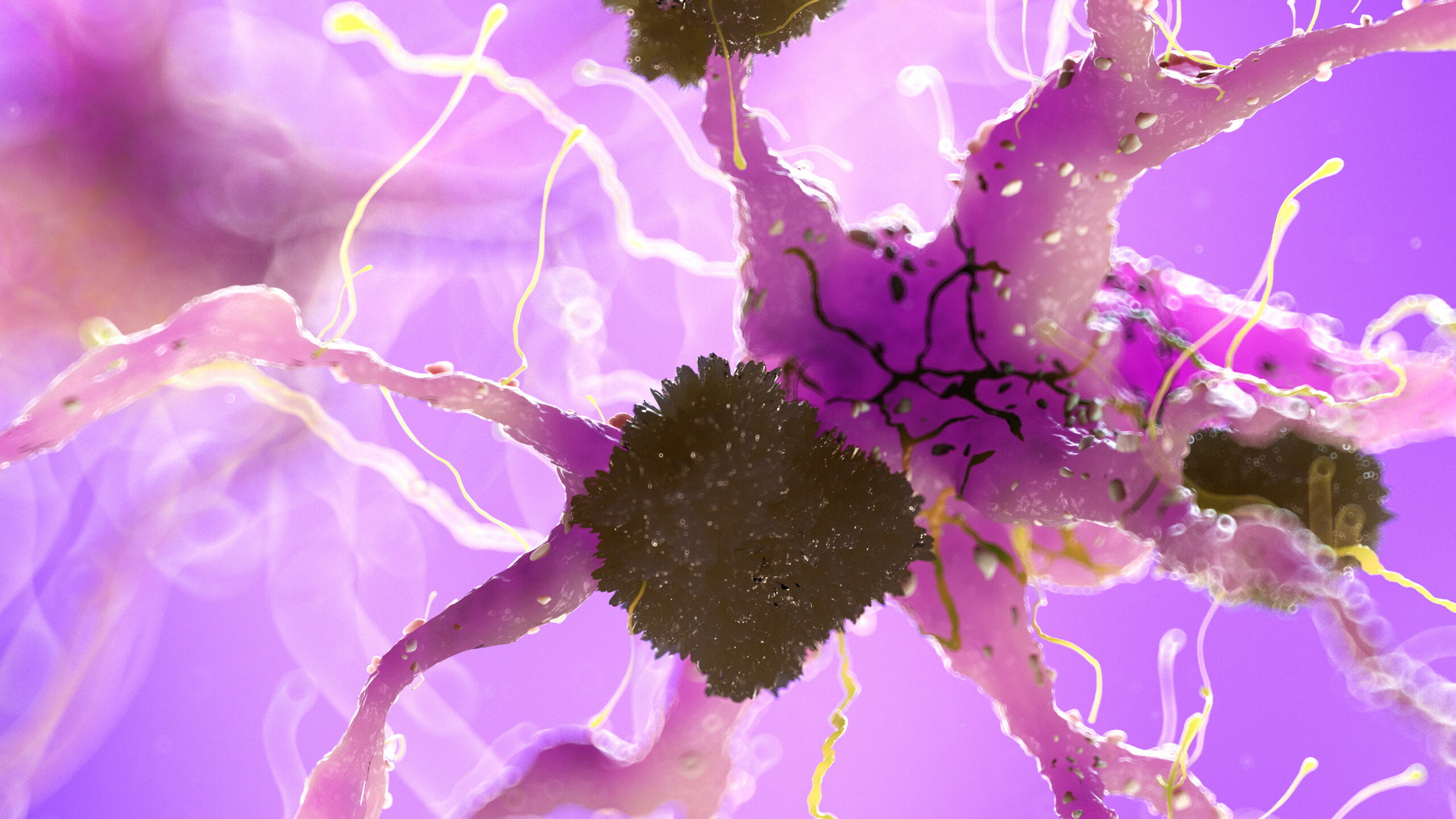How does aging affect metabolism and energy levels
As we get older, our metabolism and energy levels naturally change, often making us feel less energetic than when we were younger. Understanding how aging affects these processes can help us manage our health better.
Metabolism is the process by which our bodies convert food into energy. When we’re young, this process tends to be faster and more efficient. As we age, several factors cause metabolism to slow down. One major reason is changes in body composition—older adults usually have less muscle mass and more fat compared to younger people. Since muscle burns more calories than fat even at rest, having less muscle means the body uses fewer calories overall[1].
Energy levels also decline with age due to these metabolic changes and other factors like hormone shifts. Hormones such as estrogen, testosterone, progesterone, and cortisol play important roles in regulating metabolism and energy production. As people age, especially after middle age, these hormone levels fluctuate or decrease significantly. This can lead to symptoms like fatigue, weight gain despite eating the same amount of food or exercising less intensely, difficulty sleeping well at night (which further drains energy), and even mental fog[2].
Research shows that resting energy expenditure—the amount of energy your body needs just to maintain basic functions—tends to increase from infancy through about 60 years old but then starts declining afterward[1]. For example:
– Adults aged 19-30 need about 10.8 megajoules of energy daily.
– Ages 31-50 require around 11 megajoules.
– Ages 51-70 drop down to about 9.5 megajoules.
– People over 70 need roughly 7.9 megajoules per day[1].
This decline reflects both a reduction in physical activity common with aging as well as physiological changes like decreased muscle mass.
At the cellular level too, aging affects how efficiently muscles produce ATP—the molecule that powers all cellular activities including movement—which contributes directly to feelings of fatigue during physical tasks[5]. Additionally, some studies suggest that aging impairs processes involved in iron metabolism within muscles; this can increase oxidative stress leading to further muscle weakness and tiredness[4].
In summary:
– Aging slows metabolism mainly because of loss of muscle mass.
– Hormonal changes reduce metabolic rate and lower overall vitality.
– Energy needs decrease with age due partly to reduced physical activity but also biological shifts inside cells.
While these changes are natural parts of getting older, staying active through regular exercise (especially strength training), maintaining balanced nutrition rich in protein and essential nutrients supports healthier metabolism for longer periods.
Hormone therapies under medical supervision may help some individuals manage symptoms related to hormonal declines effectively[2]. Consulting healthcare professionals who understand these complex interactions can provide personalized strategies for maintaining good energy levels throughout life.
So although aging brings slower metabolism and lower natural energy reserves compared with youthfulness—it’s possible through lifestyle choices and medical support—to keep feeling vibrant well into later years.[1][2][4][5]





